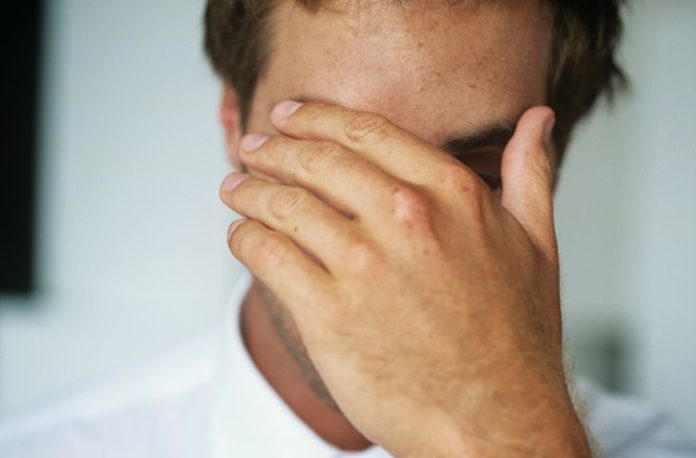A new study by the national mental health charity SANE Australia, reveals many parents with a mental illness raising children lack support from health professionals and school staff, and they feel ashamed to ask for help.
SANE Australia’s study found that only around a third (31%) of survey respondents have told their child’s school they have a mental illness and half of these found the disclosure unhelpful, leading to stigmatising by other parents and, in some cases, bullying of their child.
‘It is unacceptable that in 2012, people are too embarrassed to say they have a mental illness. Not only is this unfair to the parent, it is also unfair to their child, whose health and education can suffer as a result,’ says Jack Heath, CEO of SANE Australia.
‘Many parents managing a mental illness are acutely aware that their illness is a recognised risk factor for their child to develop mental health problems later in life, such as depression. That’s why it’s so important they get support when they need it.
‘It may be as simple as help to get their children to or from school, to sport practice or help with an evening meal,’ Mr Heath explains.
Kylie Griffin, a single mother with two teenage daughters agrees. ‘Routine is critical for children.’
‘Better understanding my needs as a parent leads to better understanding the needs of my children. The flow-on effects are enormous,’ she says.
Kylie moved both her daughters to another school when they were younger because of the teacher’s attitude after Kylie informed the school of her own schizophrenia.
‘Saying that you have a mental illness should start the discussion, not shut it down,’ Kylie adds.
The survey was conducted in partnership with COPMI, the national initiative for Children of Parents with a Mental Illness. According to COPMI Director, Elizabeth Fudge, parents managing a mental illness often need additional information and support from health professionals.
‘This vital support is best when it focusses on the whole family, not just the parent or the child.’
SANE Australia’s Research Bulletin 16 – Parenting and mental illness: the school years found nearly half the 330 parents surveyed said they have not sought help for their mental illness on occasions because they feared losing custody of their child. An even greater proportion (64%) indicated they would resist going to hospital because of concern for their child.
The majority of the parents who participated in the survey, which asked about the experience of being a parent with a mental illness with a school-age child, were women (84%). The most common diagnosis was depression (50%) followed by bipolar disorder (23%), and just under half (45%) the participants lived in rural areas.
The SANE Australia research found that parents living with a mental illness primarily rely on family and friends for support, where available.
‘Again the burden is placed on family because there are insufficient supports available in the community,’ says Mr Heath. ‘What’s even more concerning is that more than 10% of the people we surveyed said they have no one to call on if they are ill.’
Another major concern identified in the survey was that nearly half of parents living with a mental illness do not have a care plan in place regarding their children, if they become unwell or need to go to hospital.
‘This is cause for ongoing anxiety and stress, as well as leading to problems when people are in crisis,’ SANE’s CEO explains.
SANE Australia recommends health professionals work with parents to prepare a plan for care of children as part of routine clinical care. It is also recommended that there is better sharing of information about on-the-ground support and that schools review policies and practices to help families where a parent has a mental illness.
Source: SANE











